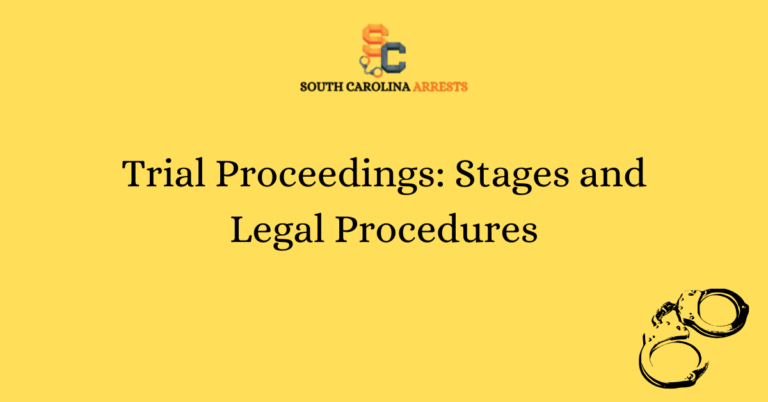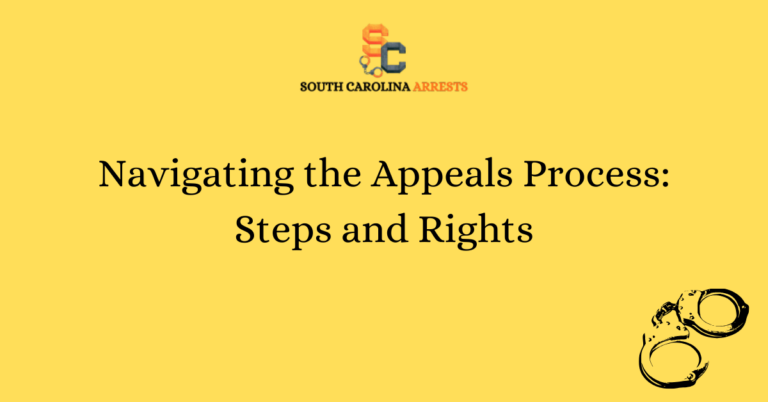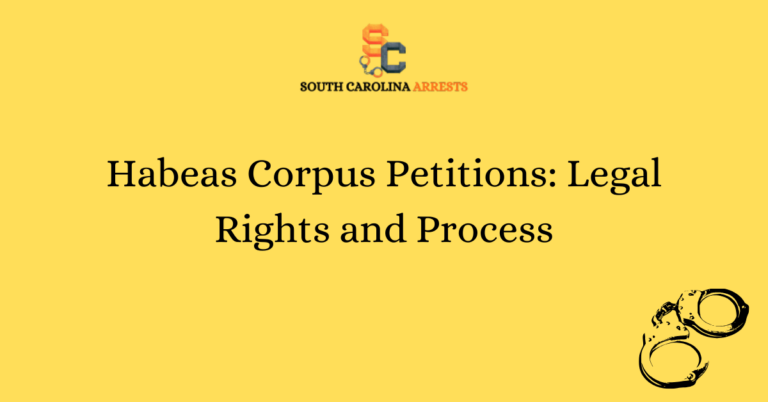Jury Selection Process: Methods and Considerations
The process of selecting a jury is a crucial aspect of the legal system, ensuring a fair trial for all parties involved. Various methods are employed to choose individuals who will serve on a jury, considering factors like impartiality, diversity, and eligibility. Understanding these methods and considerations is essential for both legal professionals and the general public.
From random selection to questionnaires and voir dire, the jury selection process involves several steps to identify suitable candidates for a case. Factors such as age, occupation, and past experiences are taken into account to create a diverse and unbiased jury panel. By delving into these methods and considerations, one can gain insight into how juries are formed and the impact they have on legal proceedings.
Importance of Jury Selection
Jury selection is a critical aspect of the legal process, as it involves choosing individuals to serve on a jury for a trial. The selection of a jury can significantly impact the outcome of a case, making it essential to carefully consider who will be part of the jury panel.
Random Selection and its Role in Jury Selection
Random selection is a common method used to choose potential jurors from a pool of eligible individuals. This process helps ensure a diverse and impartial jury panel, as it reduces the likelihood of bias or prejudice in the selection process.
Benefits and Challenges of Using Questionnaires
Questionnaires are often used during the jury selection process to gather information about potential jurors. While questionnaires can provide valuable insights into jurors’ backgrounds and beliefs, they can also present challenges, such as respondents providing inaccurate or misleading information.
Exploring the Process of Voir Dire in Jury Selection
Voir dire is a process where attorneys question potential jurors to determine their suitability for a specific case. This process allows attorneys to identify biases or prejudices that may impact a juror’s ability to be impartial during the trial.
Factors Considered in Determining Jury Eligibility
Various factors are considered when determining a juror’s eligibility, including their age, occupation, and past experiences. These factors can influence a juror’s ability to evaluate evidence objectively and make fair judgments.
Creating a Diverse and Impartial Jury Panel
It is essential to create a jury panel that reflects the diversity of the community and is free from bias or prejudice. By selecting jurors from different backgrounds and experiences, a more impartial and fair trial process can be ensured.
Impact of Age and Occupation on Jury Selection
The age and occupation of a juror can influence their perspectives and attitudes towards a case. Younger jurors may have different outlooks than older jurors, while jurors with certain occupations may have specific knowledge that could impact their decision-making.
Examining the Influence of Past Experiences on Jurors
Past experiences, such as previous involvement in legal proceedings or personal experiences related to the case, can influence a juror’s ability to remain impartial. It is essential to consider these factors when selecting jurors for a trial.
Insight into the Formation and Function of Juries
Juries play a crucial role in the legal system, as they are responsible for evaluating evidence, applying the law, and reaching a verdict in a trial. Understanding the formation and function of juries is essential for ensuring a fair and just legal process.
Understanding the Legal Proceedings with Juries
Legal proceedings involving juries require careful consideration of evidence, arguments, and instructions provided by the judge. Jurors play a vital role in the trial process, as they are tasked with weighing the evidence presented and reaching a unanimous decision.
Frequently Asked Questions
Our Frequently Asked Questions section aims to provide detailed information on the Jury Selection Process: Methods and Considerations.
What is the purpose of the jury selection process?
The jury selection process is essential in ensuring a fair and impartial trial. Juries are selected to listen to the evidence presented during a trial and make a decision based on the facts presented.
How are potential jurors chosen for jury duty?
Potential jurors are chosen at random from voter registration lists, driver’s license records, or other official databases. These individuals are then summoned to court to participate in the jury selection process.
What criteria are used to qualify jurors?
Jurors must be U.S. citizens, at least 18 years old, and have no felony convictions. They must also be able to understand and speak English fluently and have no disqualifying mental or physical conditions.
How are jurors questioned during the selection process?
Jurors are questioned by the judge and attorneys from both sides to determine if they can be fair and impartial. This process is known as voir dire and helps identify any biases or conflicts of interest.
What are challenges for cause during jury selection?
Challenges for cause allow attorneys to request the removal of a potential juror if they believe the individual cannot be fair and impartial. This could be due to a relationship with the parties involved or other conflicts.
What is a peremptory challenge in jury selection?
A peremptory challenge allows attorneys to remove a potential juror without providing a reason. However, there are limitations on the number of peremptory challenges each side can use to ensure a fair and balanced jury.







